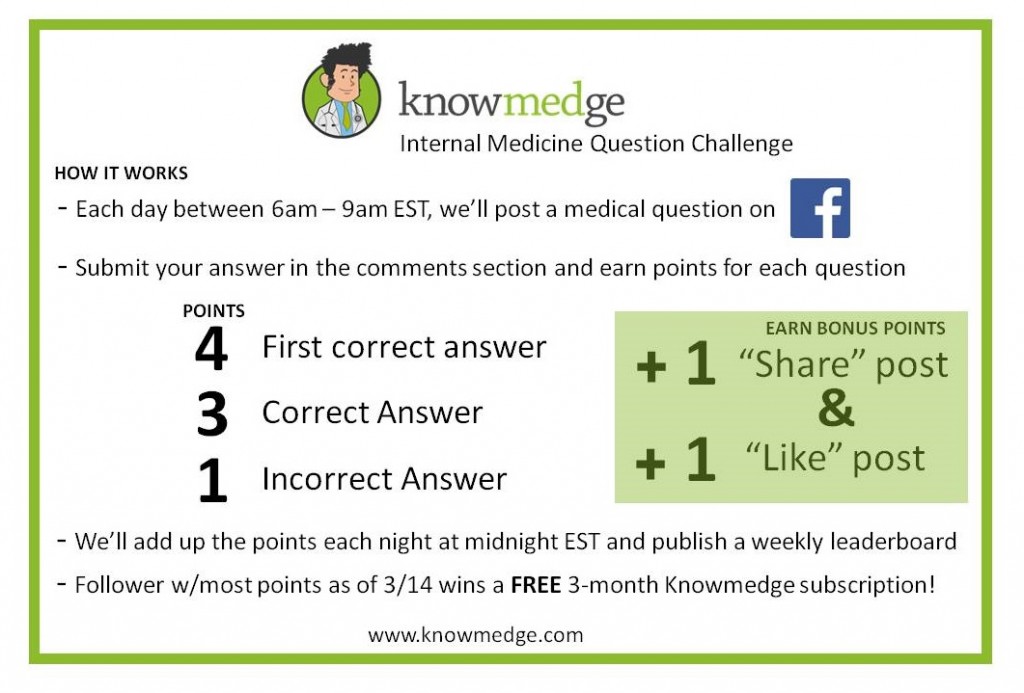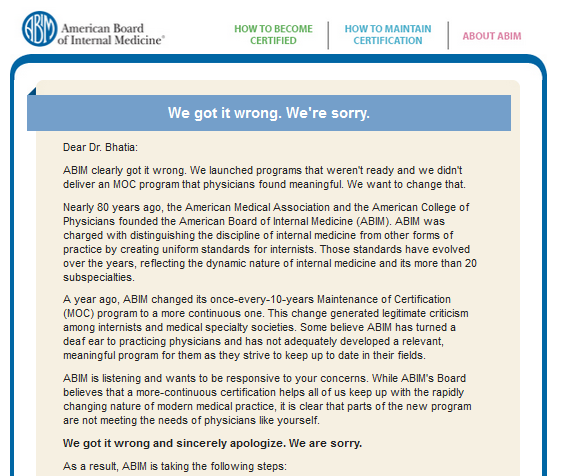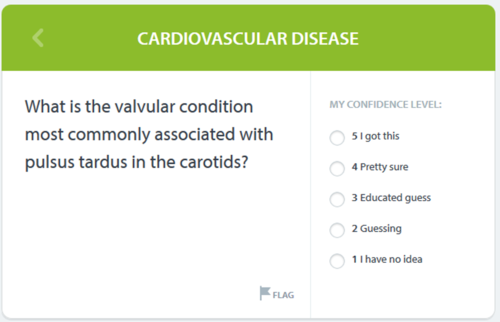Last year, I felt like a rising
star. I started my chief year, applied to cardiology fellowship, and
was ready to take the boards. I felt great, studied hard and long and
did MKSAP twice. When I got that I had failed, I was completely
devastated, crushed, immediately went into depression. I could not
work, my relationship with my fiancé suffered, and I felt alienated. I
wanted to quit and end it all. I didn’t know what to do. I had to
pretend everything was ok for interviews and for my colleagues, when
really it was not.
My Program Director got me help and guidance, I got treated for
anxiety and ADHD, and then I started reading Harrison’s. Probably the
best thing I ever did along along with Harrison Board Review Questions.
Additionally, I sought counseling and I started working out. And not
just any work out, I bought P90x. I needed to regain myself in order to
survive this ordeal. I also had strong family support as well.
Later, I then received help from a mentor who taught me how to
approach questions. Read the storm first, then the answers, and then the
question vignette. GENIUS! Everything started to improve, so I looked
for more practice questions. I ended up with USMLE World, Knowmedge,
and Medstudy questions. I also had the ACP board review course, which
helped some. During this time also I reviewed old material, tables,
Medstudy cards, and Board Basics.
However, I still felt very alone within my own program, my PD
became less of an advocate for me, my own cardiology program told me I
wasn’t a strong candidate because despite my 3 years of slavery for
their program through research, I still felt alienated by my colleagues,
and my engagement eventually fell apart. I hit rock bottom.
Fortunately, a month after I failed, I prematched into Cardiology;
one stressor was removed from the list. Additionally, my scores and
knowledge improved substantially through reading and practice questions
because I learned medicine and I learned how to take test questions. I
could easily tell a difference in my clinical care.
So where does Knowmedge fit into all of this? I thought the
questions were good, but my favorite aspects were the answer videos, the
Twitter feed tips, and the last minute board review outline. All of
these were great additions to my preparation, but I was still nervous
and quite frankly scared.
So where did Knowmedge score big with me? It scored big through
Sunir. Knowmedge allows you to give feedback for questions and you get a
very quick response. I had a lipid question I contested based on new
guidelines, Sunir’s reply was quick, sincere, and personable. In fact,
for whatever reason, I reached out to him for help and guidance. Sunir
didn’t have to write back to me, he didn’t have to give me personal
guidance or coaching via email, he didn’t have to email me Knowmedge
links to help me towards my preparation. He didn’t have to do all this
on a Saturday. I reached out to him on a Saturday morning and from that
point on he was available to listen and guide me up to the date of my
test.
By the day of my test, I had felt armed and ready. My family came
to visit to help me with daily living before my test. I packed a hearty
bag full of snacks and lunch, did yoga the night before, and got up to
take my test. I was nervous, but ok relieved that this would hopefully
all be over. After 8-10 hours of questions, with push-ups, yoga, food,
and a quick nap, I was done with the test.
The months go by and you after failing that the test results come
back the first week of October. I knew I wasn’t going to check them at
work.
October 6, 12:30 PM, I get the email. Turned my phone off,
finished clinic, be honest made up a lie to go home a little early to
check my score. Trembling, nervous, running round, waiting for my
computer to turn on. I didn’t even bother logging into the ABIM
website, I just typed my name to see if I was board certified. It said
YES! It was over, I screamed and hollered through the roof called
everyone, celebrated with a bottle of champagne, danced the night away
by myself in my living room, and called a girl I just met to celebrate.
So here I am now, 4 months into cardiology fellowship and I reflect
back to what happened to me last year. To sum it up, worst year ever.
However, I am a very strong and smart cardiology fellow, probably much
smarter than I would of been had I passed last year. Do I wish I had
passed last year, duh of course, but this happened for a reason.
Sunir said it very well, studying for boards is a marathon. If you
think you can get away with one source, you are a damn fool. You need
to learn the medicine, the pathophysiology, clinical manifestations,
diagnosis, and the guidelines. Every source out there is a good review,
is it everything you need, absolutely not. You also need to stay
healthy and have sound peace of mind. Exercise, workout, do yoga, eat
and live well. Finally, believe in yourself, develop grit.
To you interns and residents that read this, you need to read
Harrison’s and you need to read guidelines (USPTF guidelines). That’s
is it period. This is how to learn medicine. You need to spend the
time and invest in yourself. Do what your program tells you to do, but
learn from the smartest people in the world, the people who wrote our
current guidelines and Harrison’s textbook. Use your I service exams as
a guide, DO NOT blow them off, and that’s a personal lesson. Avoid the
bad habits of others, quick and dirty can get you into trouble before
you it’s too late. Do medicine correctly, learn it the right way.
I read everyday, Braunwauld, Grossman, Oh, or cardiology
Circulation or JACC guidelines daily because of my experience. I take
my cardiology inservice exam next week. I see the bear, he is big, he
is nasty, and he will try to make me feel dumb. I have three years to
train and, this time, I will be ready.
Best of luck to everyone,
Jonathan, former Chief Resident, Cardiology Fellow










